Staffing
Controlling Labor Costs
The best time to control labor cost is in advance. The key to advance control lies in efficient scheduling, and efficient scheduling requires an understanding of the quantitative and qualitative aspects of each job category and the forecasted level of business activity. One cannot forecast without knowledge of what transpired in the past and the conditions, which impacted sales activity.
Once labor cost has been incurred, it cannot be lowered or recovered. If you were overstaffed yesterday, you cannot recover the cost by under staffing tomorrow. Therefore, you must schedule only the amount of labor hours needed for the forecasted volume of business activity.
"Pre-controlled" implies advanced planning compared with "after the fact" corrective action. Using a forecasting tool to plan your labor costs which is tied to a budget and proper documentation of business history, will aid dramatically in proper planning of labor needs.
Employee Evaluations
List of Services
-
1.) Know the employee’s job description thoroughly.List Item 1
You are evaluating how well the employee meets the job requirements, not against other employees or what the employee’s potential is.
-
2.) Always conduct the evaluation in private, with no interruptions.List Item 2
Schedule each evaluation far enough apart so that there is plenty of time to discuss everything in one sitting.
-
3.) Don’t let one incident or trait, positive or negative, dominate the evaluation.List Item 3
Look at the whole picture over the entire time since the last evaluation.
-
4.) Evaluations should be balanced between positive and negative attributes, never one sided.List Item 4
A totally negative evaluation will almost never motivate a poor employee. Bring out some of his/her positive contributions and in detail describe what changes are needed. A totally negative evaluation will only scare the employee. Should a negative evaluation be warranted it is probable that the employee should have been terminated long ago.
-
5.) Review past evaluations but don’t dwell on them.
Look at areas where improvement has taken place or a decline in performance.
-
6.) Always back up your thoughts and appraisals with specific examples.
Allow plenty of time for the employee’s comments. Remember, you could be wrong. If examples or circumstances come out in the evaluation that was never mentioned before, you are guilty of allowing the communication process to deteriorate.
List of Services
-
7.) Don’t cover too much material or expect the employee to make drastic changes overnight.
An evaluation is only part in a series of continuous steps to help and direct the employee.
-
8.) Begin the evaluation with some positive points.
Then direct the discussion to areas that need improvement.
-
9.) Certain personality traits and deficiencies may not always be changeable.
Don’t overemphasize them but relate them into how they might affect his/her job performance and the performance of others.
-
10.) Finish the evaluation on a positive note.
The employee should leave with a good feeling about his/her positive contributions to the restaurant and how precisely what and how to improve his/her performance.
-
11.) After the evaluation, make certain that you follow up on the thoughts, ideas, and recommendations that were brought out during the evaluation.
Without a follow up the evaluation is of little value.
-
12.) Evaluations are confidential.
Keep them that way.

